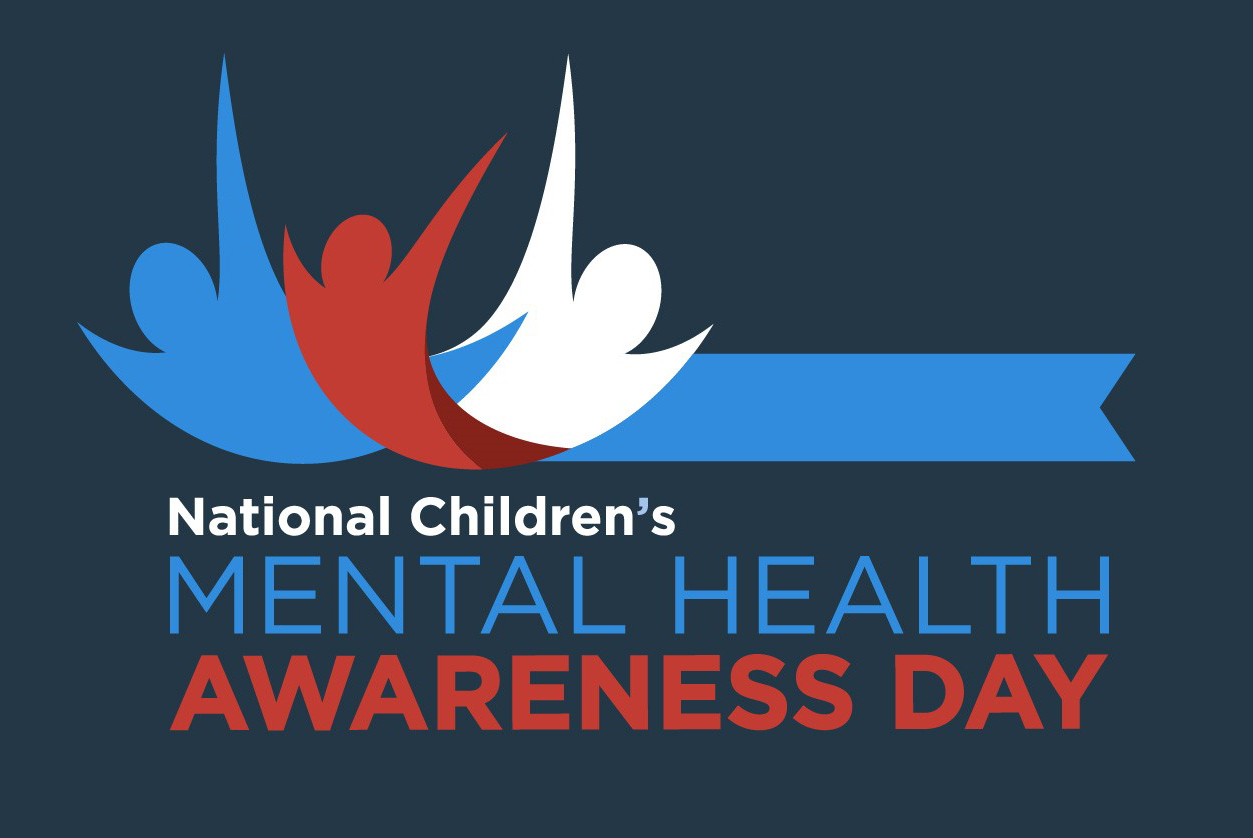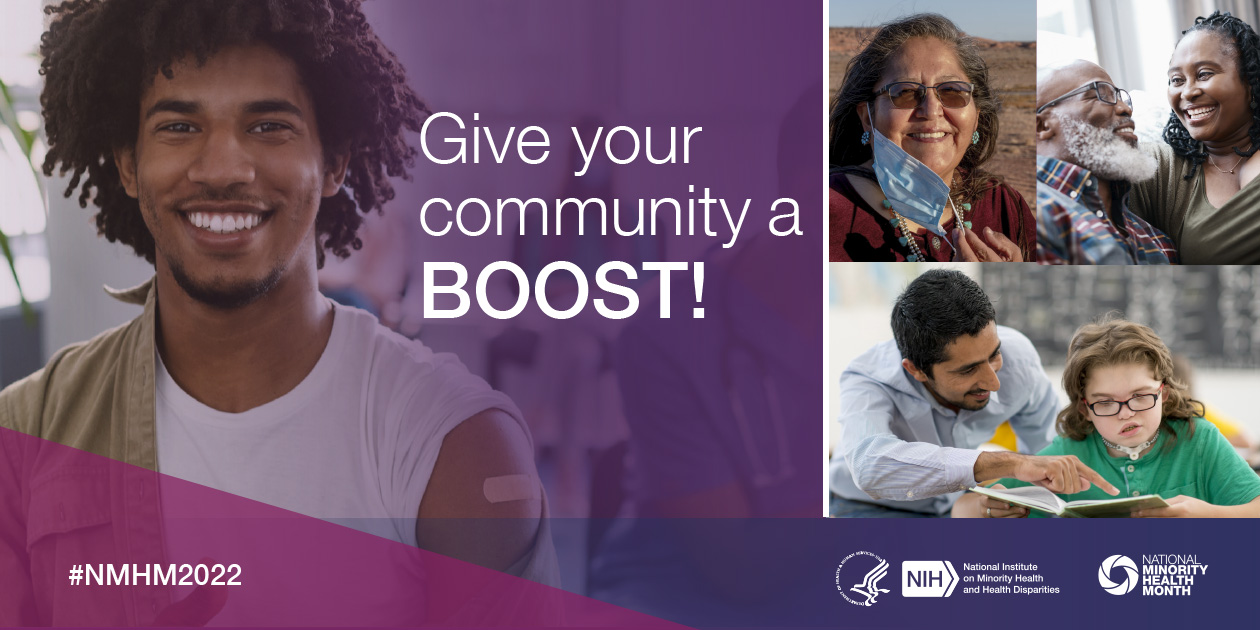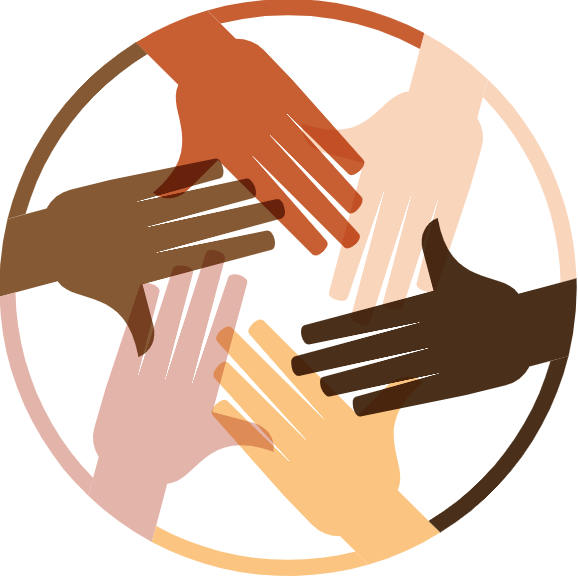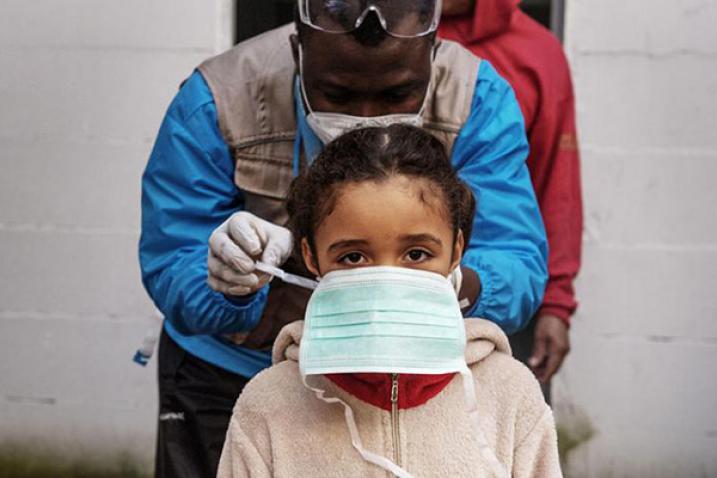UW Libraries is replacing Nexis Uni with Westlaw Campus Research. Access to Nexis Uni will end on June 30, 2022.
UW Libraries to Replace Nexis Uni with Westlaw Campus Research


UW Libraries is replacing Nexis Uni with Westlaw Campus Research. Access to Nexis Uni will end on June 30, 2022.



April is National Minority Health Month. This year’s campaign is Give Your Community A Boost!





Do you have questions about how to legally cite and use others’ resources in your instruction, coursework or scholarly output?

ECRI Guidelines Trust: Cultural Competence Corner provides high quality resources to address health inequity issues that disproportionately affects underserved populations.



Glaucoma is the leading cause of blindness in the U.S. and because there are often no noticeable symptoms in the beginning stages, eye exams are critical for early detection.

